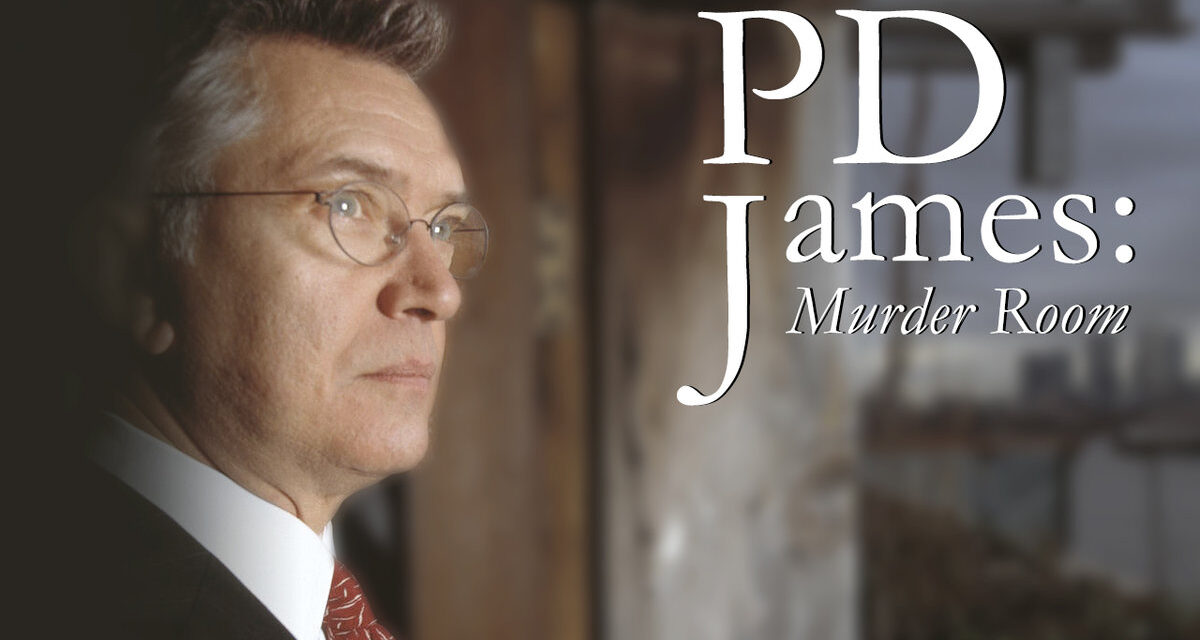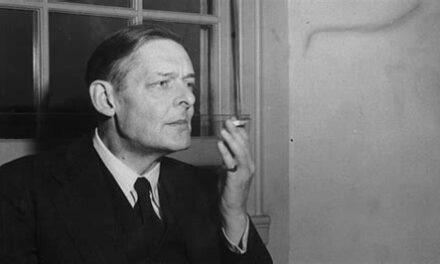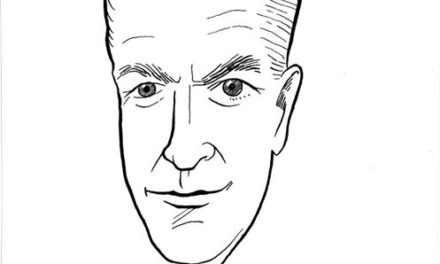P. D. James, once dubbed the queen of crime, wrote more than mysteries featuring Adam Dalgliesh. Her novel The Children of Men, a bleak but fascinating story in the near future when humankind has stopped reproducing itself, contains no mystery, as conventionally understood, and no Inspector Dalgliesh. Nevertheless, Dalgliesh, later promoted to commander, remains James’ best-known protagonist, and it may be that many believe he’s the only hero she created.
I knew nothing about P. D. James in 1984 when PBS’s Mystery! aired an adaptation of Shroud for a Nightingale, with Roy Marsden in the lead. I watched it, enjoyed it, but, I’m ashamed to say, didn’t read any of her books until about thirty years later. But I kept watching for further adaptations, and PBS did not disappoint. Thirteen more Dalgliesh novels graced Mystery’s schedule, with Marsden’s swan song as Dalgliesh, A Certain Justice, appearing in 1998.
By and large, Marsden realized the detective very well, and, in most cases, the scripts followed the novels with an acceptable degree of accuracy. Occasional problems arose, as with Cover Her Face, actually the first novel but the third mini-series.
In the book, Dalgliesh has a surprisingly small though hardly insignificant part. The dramatization had to concoct a secondary crime to work him more prominently into the plot. In the early nineties, the producers decided to churn out two more scripts for single-episode mysteries of ninety minutes each instead of the usual miniseries.
The eighth of Marsden’s total of ten, A Mind to Murder, was so badly botched that it not only removed the setting from London to the seaside but tagged as murderer a character who, in the novel, didn’t do “it.” How’s that for a surprise ending? Fortunately, the final dramas were three episodes each.
That may have ended the televised Dalgliesh mysteries, but it didn’t. The author was still alive and writing. By 2003-2004 two more novels were ripe for televising, Death in Holy Orders and The Murder Room.
Marsden had passed the sixty-year-old milestone and must have seemed too old to continue in the role. Martin Shaw stepped in as the new Dalgliesh, and an excellent one he was. The two books dovetail, due mainly to the fact that the commander, a widower, as James reveals in Cover Her Face, meets an attractive teacher, Emma Lavinham (Janie Dee) at St. Anselm’s, a theological college on the coast of East Anglia. The attraction between the two is palpable, but Dalgliesh either can’t forget his ancient grief or won’t relinquish his freedom.
No stranger to St. Anselm’s, Dalgliesh spent summers there as a boy and even contemplated the priesthood, so the visit might shape up as a sentimental journey combined with reawakened love—except that he’s there to investigate the death of one of the college’s ordinands. Suicide, accident, or murder?
Soon various people associated with the school begin to die, most notably Archdeacon Matthew Crampton (Clive Wood) who had arrived at the college with every intention of shuttering it. Suspects abound, including Emma and Father Martin Petrie (Robert Hardy), an old acquaintance of Dalgliesh’s from his summer visits. To be sure, the detective must navigate these waters with an eye peeled for a few snags.
The Murder Room picks up where Death in Holy Orders ends, with Dalgliesh back in London, still seeing Emma, still harboring some doubts about their future. That’s the subplot. The murder occurs, appropriately, near a place known as the Murder Room, part of the private Dupayne museum run by Caroline, Marcus, and Neville Dupayne, a family of bickering siblings. Neville, a psychiatric doctor, wants to close the museum; the other two vehemently disagree. Closure requires but a single vote of this familial board to end the whole concern, and Neville is that vote. Later he returns to the Dupayne to collect his Jaguar for one of his frequent weekend outings. As he straps himself into the car, he sees a shadowy figure who douses him with gasoline followed by a match: murder number one. And there will be more.
Both productions with Shaw are handsome, well-acted, and engaging. Who doesn’t want to know who dunnit? And the matter of Dalgliesh’s future with Emma offers its own suspense. I’ll add only that I’ve seen these twice and will happily do so again.
Nearly ten years after her death in 2014, James is still a draw, so it will surprise no one to hear that the inspector/commander is back, not for one but two seasons by now, in a series eponymously titled Dalgliesh (Amazon Prime). So far, it has included in season one Shroud for a Nightingale, The Black Tower, and A Taste for Death; and in season two Death of an Expert Witness, A Certain Justice, and The Murder Room (again). Are they any good?
The answer remains, I suppose, largely a matter of taste, but a purist—such as my younger daughter, a real P. D. James afficionado—will raise objections. Take The Murder Room (on which I’ll concentrate in contrast to the earlier version). First, like all the mysteries in the new series, the new Murder Room’s plot unfolds in two forty-five-minute episodes, half the time of the older version; naturally, story and character depths get trimmed.
Second, the writers set the time of the novel in the seventies, whereas James set it just after the turn of the new century. This may seem a minor quibble but consider: season two jettisons Death in Holy Orders, which is to say, there is no Emma. Is Dalgliesh (Bertie Carvel) doomed to remain a lonely widower? Not necessarily. Hints suggest that romance may bloom between Dalgliesh and sidekick D. S. Kate Miskin (Carlyss Peer). Only time will tell, but time and fidelity to James’ novel present certain problems.
In keeping with current Woke practice on British TV, Miskin, whom James never describes as black or, more accurately, mixed race, is just that in the new version. Taboos concerning racially mixed liaisons in the seventies (contrasted to 2003) still marginally existed. So, will a scandal ensue? That’s a matter for the scriptwriters. My point is, the crisis never occurred to P. D. James who was, after all, not Edna Ferber.
Dalgliesh as a character operates with a certain reserve, a professional and personally protective shield, but he displays humor and sympathy on occasion to remind readers of his humanity. Marsden and especially Shaw managed to pull this off. Carvel is not nearly as successful; one may justifiably see him as bland, even robotic. When Miskin and he interrogate a suspect, they stare at him with lips pressed and turned up slightly at the corners. Are they smug? Bored? Constipated? Viewers of the older Dalglieshes may find these traits slightly annoying.
So is the new Dalgliesh worth anybody’s time? Its producers must think so; a third season appears in the offing. To me, it’s an unnecessary rehash of mysteries that have been done before and done better. See Shaw’s Dalgliesh and the early Marsden if you want to see how good James can be. Or maybe read P. D. James.














